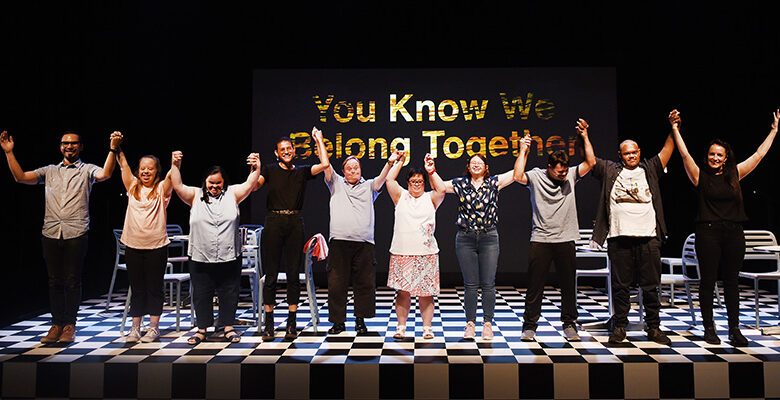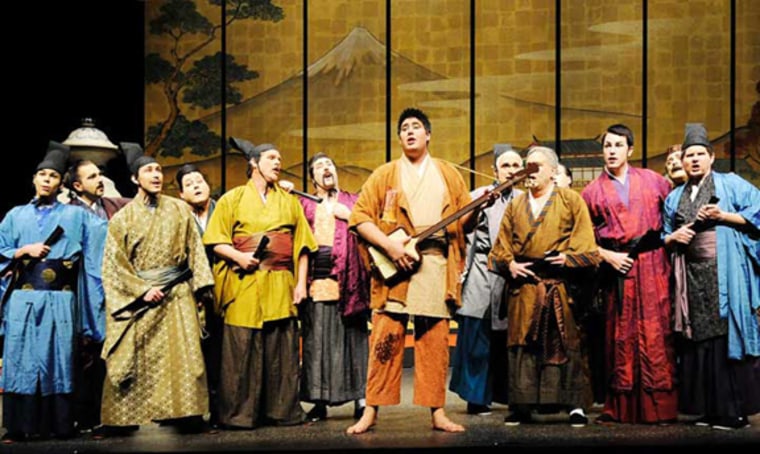Theatre is an art form that has existed for centuries, and over time it has developed a variety of stereotypes. Some of these stereotypes are positive, while others are negative and can be harmful. In this essay, we will explore some of the common stereotypes associated with theatre and discuss their impact on the industry.
One of the most common stereotypes associated with theatre is that it is only for the wealthy and elite. This stereotype is often perpetuated by the high ticket prices and the fact that many theatres are located in expensive areas. However, this stereotype is not accurate, as there are many affordable options for theatre-goers, such as discounted tickets for students and seniors, pay-what-you-can performances, and community theatre groups. Additionally, many theatre companies work to make their performances accessible to underserved communities through outreach and educational programs.
Another stereotype is that theatre is only for a certain type of person. This stereotype often takes the form of assumptions about who is interested in theatre, such as the idea that theatre is only for gay men or that it is only for people who are "artsy." These stereotypes are not only untrue, but they can also be harmful by limiting the audience for theatre and making it less inclusive. In reality, theatre is for anyone who is interested in it, regardless of their identity or background.
A third stereotype is that theatre is not as relevant or important as other art forms, such as film or television. This stereotype is often based on the belief that theatre is outdated or old-fashioned. However, theatre has the ability to address contemporary issues in a way that other art forms cannot, and it can provide a unique and immersive experience for the audience. Additionally, theatre has a long history of social and political activism, and it has the power to inspire change and promote understanding.
Finally, there is the stereotype that actors are vain, self-absorbed, and difficult to work with. This stereotype is often perpetuated by media portrayals of actors as egotistical and demanding. However, the vast majority of actors are hardworking and dedicated professionals who are passionate about their craft. While it is true that acting can be a competitive field, actors are no different from people in any other profession and should not be judged based on negative stereotypes.
In conclusion, theatre has a number of stereotypes associated with it that are not accurate or fair. These stereotypes can be harmful to the industry and to the people who work in it, and it is important to recognize and challenge them. Theatre is for everyone and has the power to inspire, educate, and entertain.







